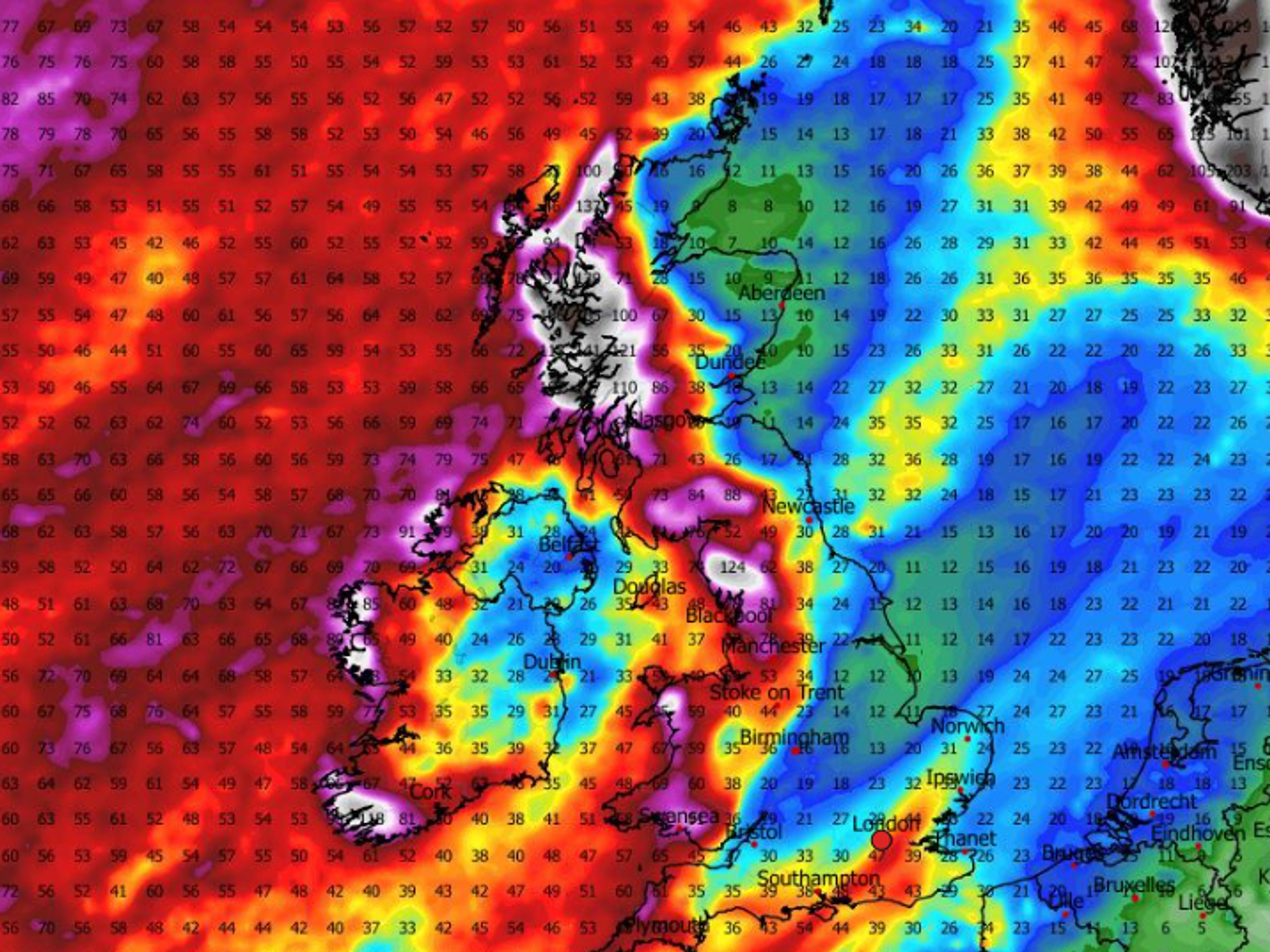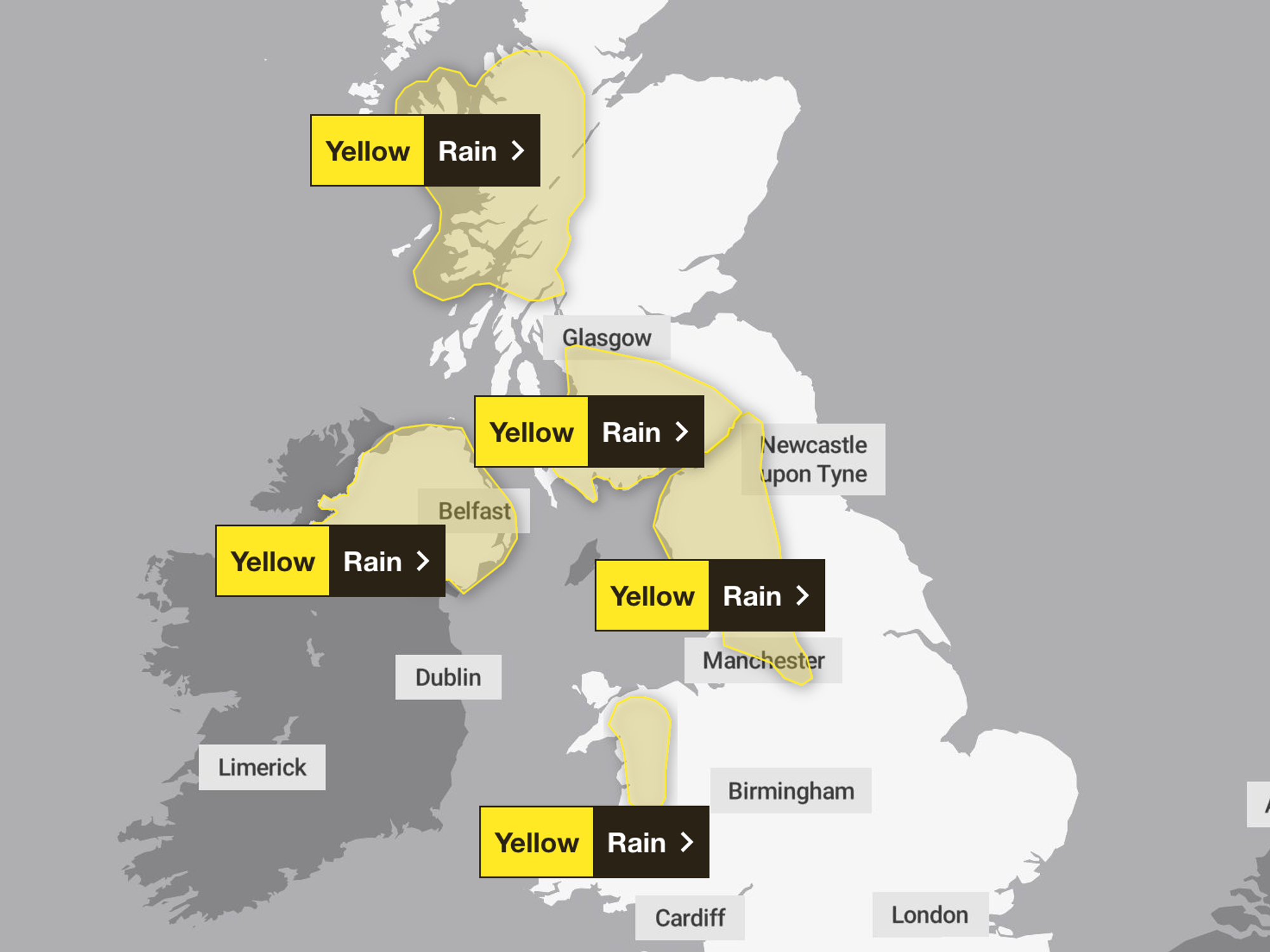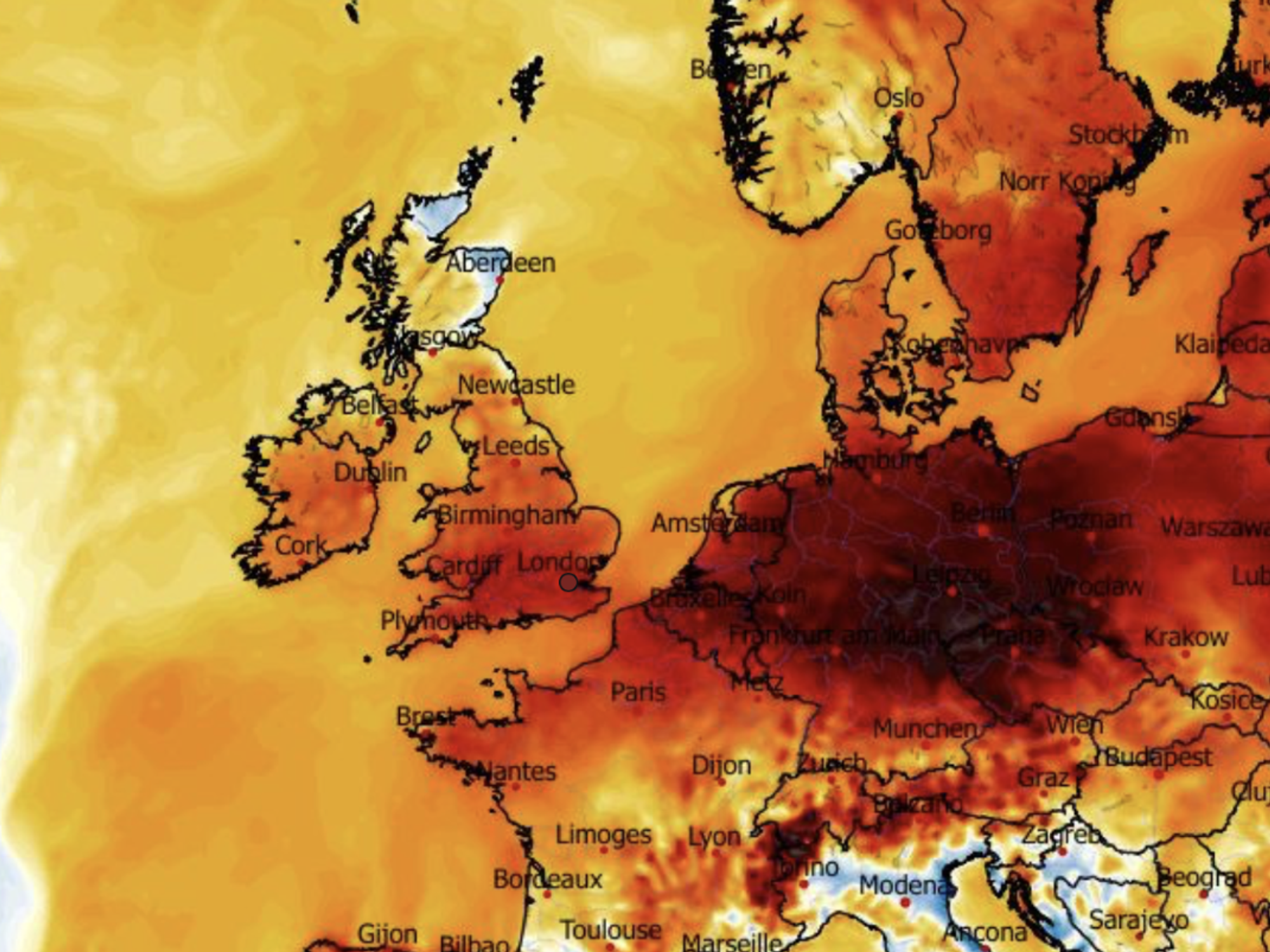What right-wing gains in the EU election really mean for Europe
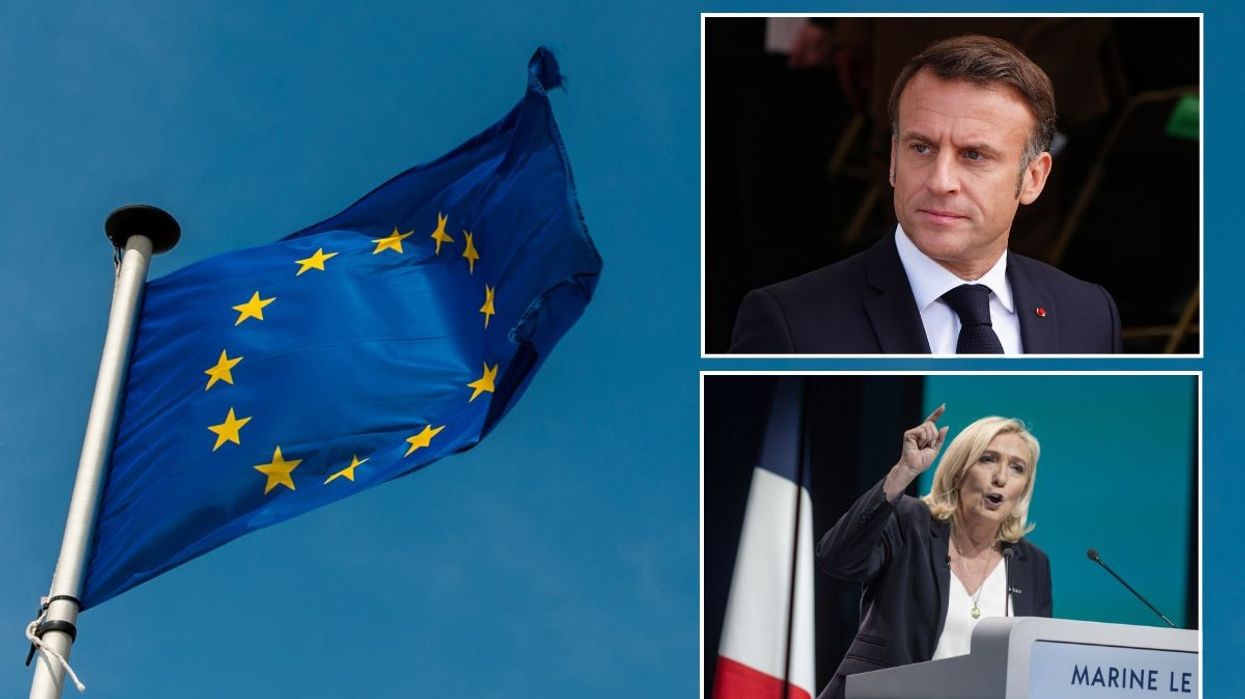
Far-right parties made significant gains in the European Parliament elections
|Getty/ PA

A polarised parliament may influence EU legislation on issues like climate, immigration and defence spending but divisions between right-wing parties could limit their ability
Don't Miss
Most Read
Right-wing parties enjoyed their best ever European Parliament elections making significant gains in France, Germany and Italy.
In total, hard-right, populist and nationalist parties topped the polls in four member states, finished second or third in another four countries, and are predicted to win almost a quarter of the seats.
Le Pen's National Rally received the most notable victory winning around 32 per cent of votes, 17 points ahead of Emmanuel Macron's party, convincing the French president to call snap parliamentary elections.
The hard-right Alternative for Germany (AfD) made gains with the young in Germany, while Chancellor Scholz's Social Democrats scored their worst result ever.
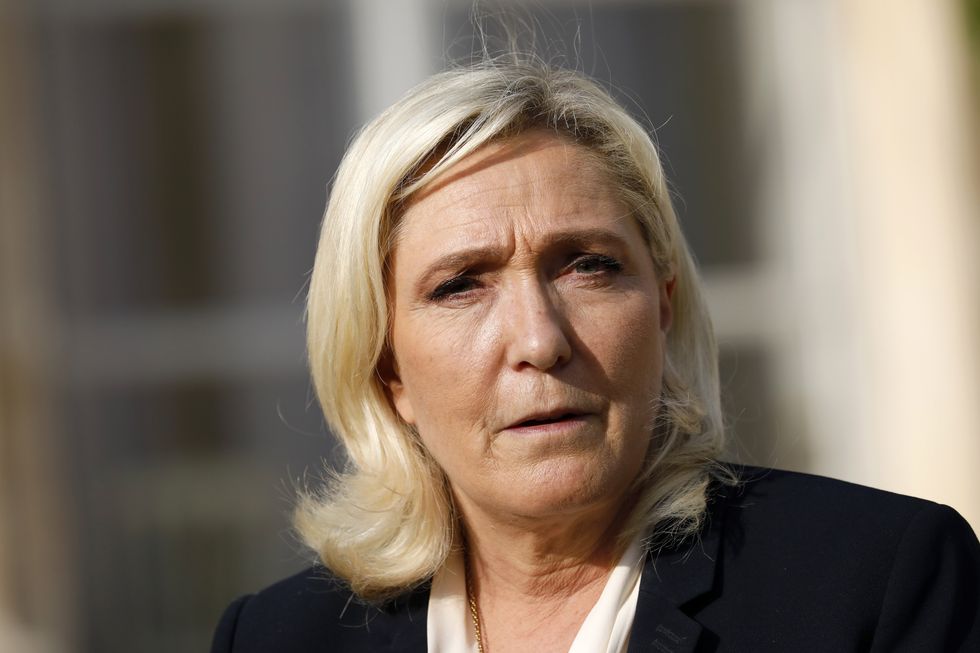
In France, Le Pen's National Rally won more than double the votes of Macron's centrist alliance
|Getty
The right-wing also topped the polls in Austria and Hungary and right-wing candidates won seats in Spain and Cyprus.
Prime Minister Giorgia Meloni's Brothers of Italy group won the most votes in the European parliamentary election in Italy.
Nevertheless, the exit polls suggest that pro-European centre-right, centre-left and Green parties will retain a majority of 460 seats, slimmed down from 488 in the outgoing chamber of 705 deputies.
Although hard-right parties are predicted to win a substantial amount of seats, how this will impact policymaking in the EU remains unclear.
This is mostly because politicians in different countries hold varying positions, meaning the hard right would need to unite to affect EU policy.

Prime Minister Giorgia Meloni's Brother's of Italy group won the most votes in the European parliamentary election
|Getty
So what could a shift to the right mean for Europe?
What we know is that European voters are worried about migration, inflation and the cost of environmental reforms.
Europe's Green parties suffered heavy losses, subsiding to 53 deputies from 71 in the outgoing parliament.
Climate policies have already come under pressure during the cost-of-living crisis and are likely to be pushed back even more.
Aurélien Saussay, Assistant Professor at the Grantham Research Institute on Climate Change and the Environment, said: "Climate policies which affect households directly, such as the ban on fossil boilers in Germany, can trigger a strong backlash – even in a population that doesn’t doubt the reality of climate change."
This year, farmers across Europe staged mass protests about environmental rules they deemed unfair and putting them out of business.
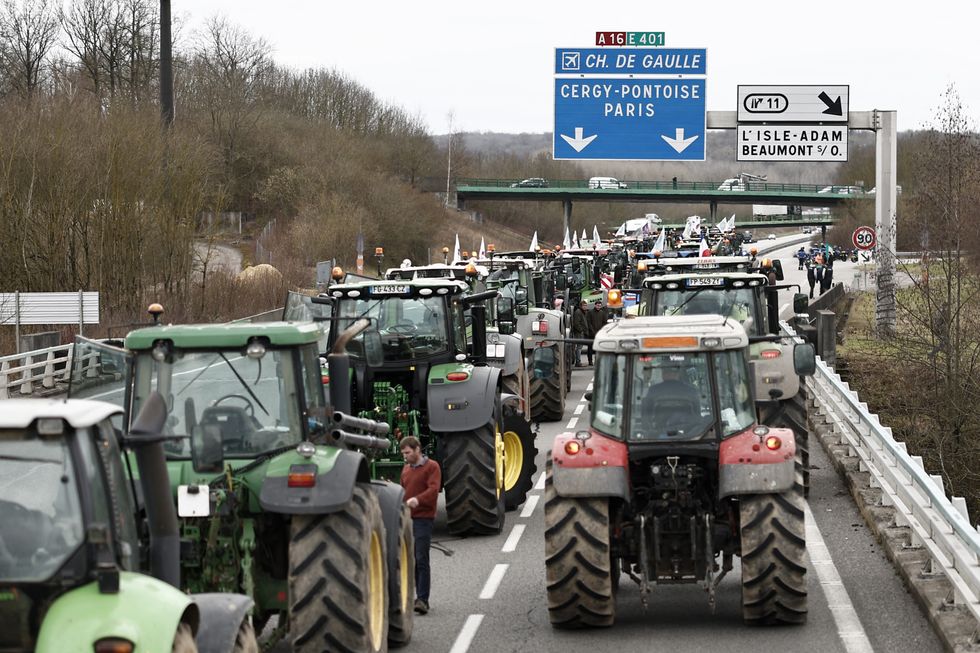
This year farmers protested against environmental rules they deemed unfair
|Getty
Nationalist parties in France, the Netherlands and Poland used this unrest as an opportunity to portray themselves as the voice of "ordinary people."
Immigration also remains at the forefront of the policy agenda in the next Parliament, and right-wing parties are expected to advocate for increased border control.
However, according to Verisk Maplecroft analysts Mario Bikarski and Laurent Balt: "disagreements on the mechanism to achieve this will persist" between the north and south.
EU enlargement will be another hot topic as the right does not support poorer countries joining the EU due to the fear of costs.
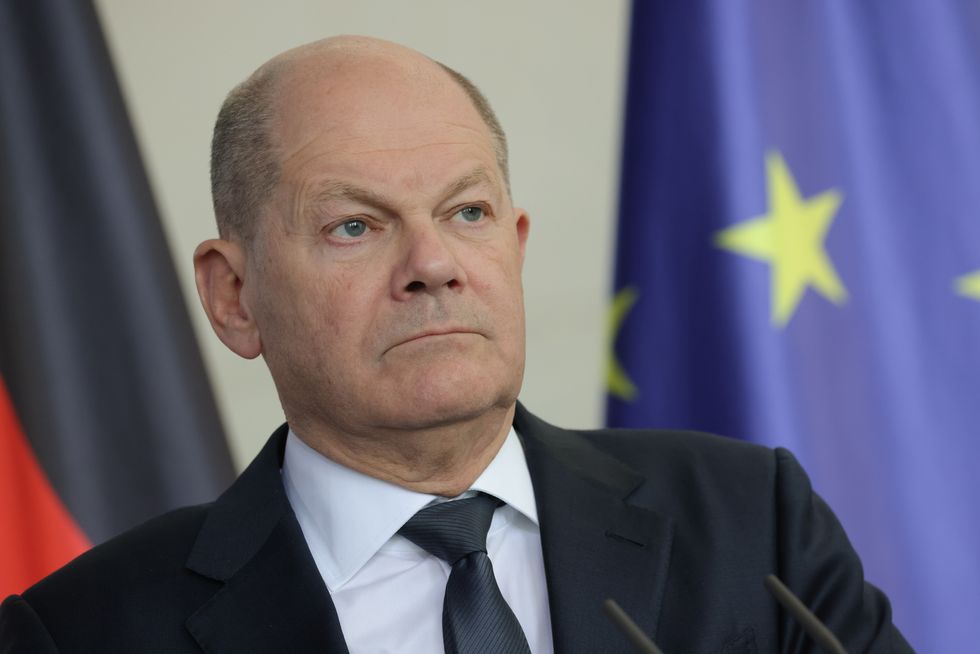
Chancellor Scholz's Social Democrats scored their worst result ever
|Getty
LATEST NEWS:
Since Russia's invasion of Ukraine leaders across the EU have talked about making their "neighbourhood" more safe by allowing Ukraine, Georgia, Kosovo and Serbia to join the EU, however, the right believes this would need a much bigger budget with wealthier member states needing to contribute chunky sums.
Finally, support for Ukraine and European defence will come under question as some European far-right and far-left parties have close ties with Russia.
Citi analysts wrote: "Some of Europe’s far right and far left parties have close ties with Russia and China, which could potentially make them obstruct more defence spending.
“But [they] are also opposed to U.S. influence in Europe, which could make them support a more European focused defence architecture.”








